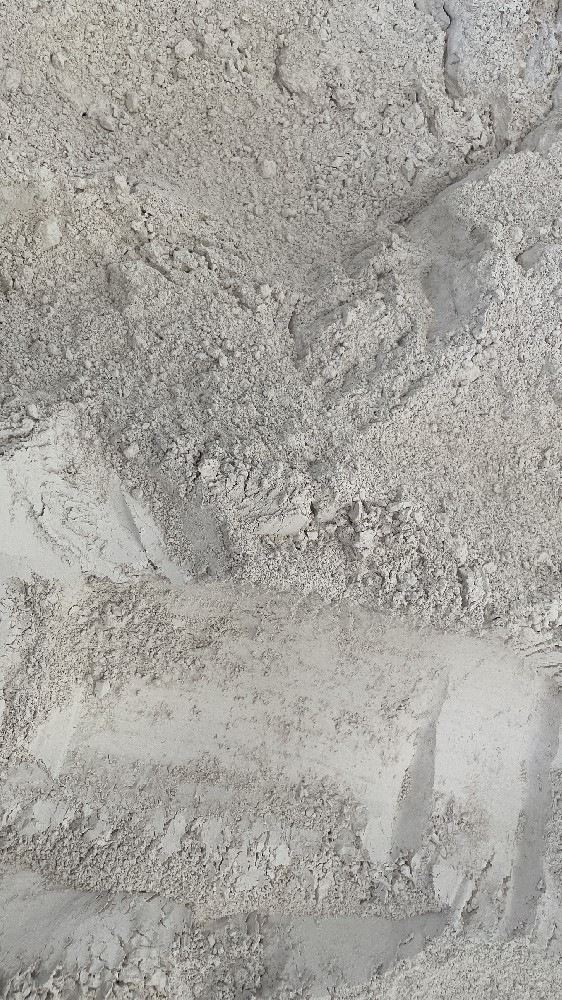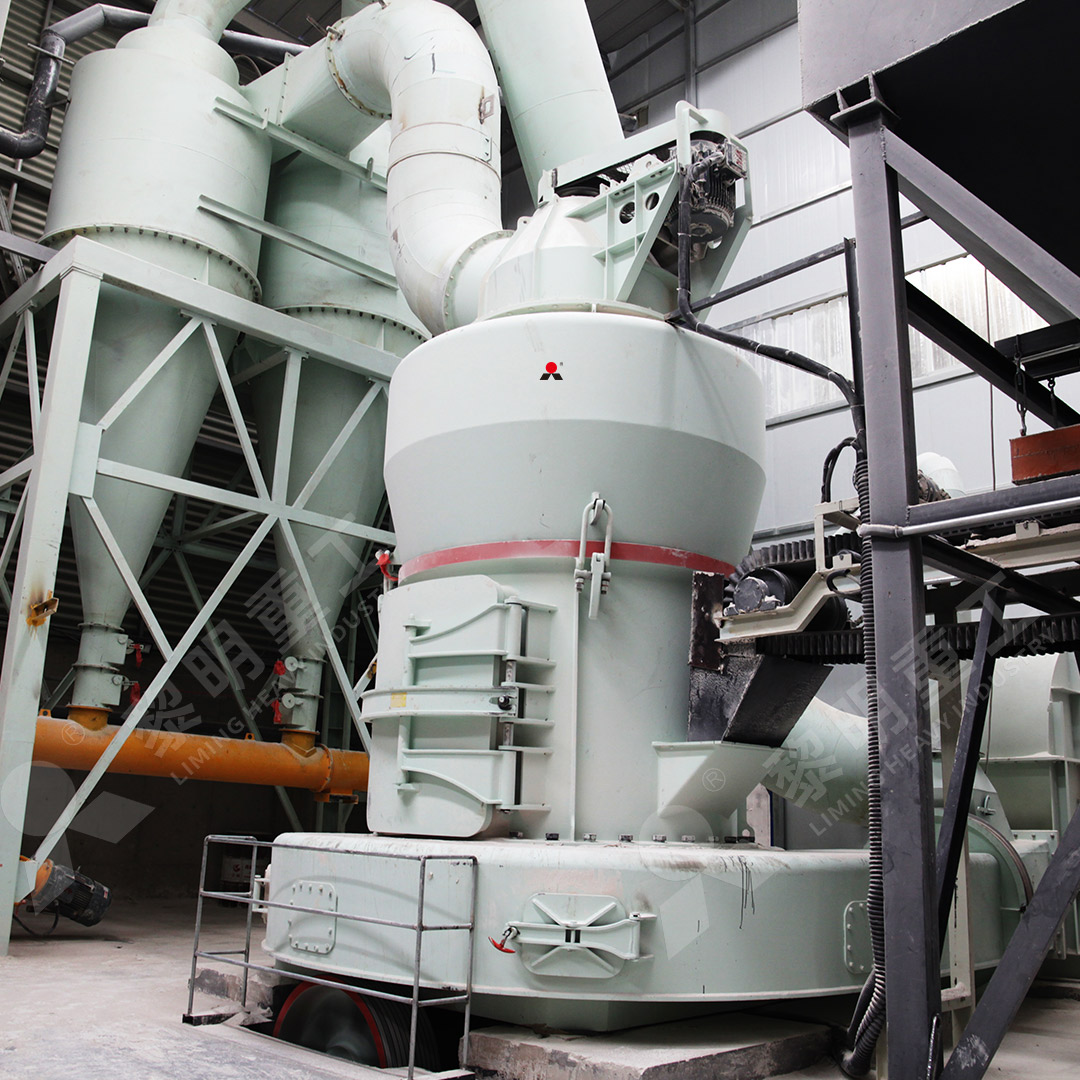The Business Case for the 325-Mesh Raymond Mill in Pakistan
Investing in industrial machinery is fundamentally a strategic business decision. For entrepreneurs and established companies in Pakistan, the 325-mesh Raymond Mill represents a compelling asset with a clear path to profitability and growth. Its economic value extends far beyond its initial purchase price, contributing significantly to value addition, import substitution, and export potential.

Pakistan is endowed with abundant mineral resources like limestone, gypsum, and silica. However, the real economic benefit lies not in exporting raw blocks of these materials, but in processing them into high-value fine powders. A Raymond Mill enables this transformation locally. By converting cheap, raw limestone into 325-mesh calcium carbonate powder, a business can supply essential raw materials to the domestic paint, plastic, and paper industries, which would otherwise rely on expensive imports. This fosters import substitution, saves foreign exchange, and strengthens the local supply chain.
From a direct Return on Investment (ROI) perspective, the Raymond mill offers attractive margins. The operational costs, primarily electricity and wear parts, are predictable and manageable. The high efficiency of modern models ensures maximum output for the energy input. Furthermore, the ability to produce on-demand allows businesses to respond quickly to market needs, reducing inventory costs for finished goods. For the national economy, the proliferation of these mills stimulates mining activities, creates skilled technical jobs in operation and maintenance, and enhances the overall value of Pakistan's industrial output, making it more competitive in international markets.

FAQ
What is the approximate investment cost for a 325-mesh Raymond Mill in Pakistan?
The cost varies significantly based on capacity, brand, and configuration. It can range from tens of thousands to hundreds of thousands of US dollars. It's best to consult directly with suppliers for a detailed quotation.What is the typical payback period for this investment?
The payback period depends on the material being processed, operational efficiency, and market demand. With a stable market, many businesses report a payback period of 1 to 3 years.Are there reliable local suppliers and service support in Pakistan?
Yes, there is a growing market of both local manufacturers and international suppliers with local offices that offer sales, installation, and after-sales service, including spare parts support.Can this machine help my business in exporting processed materials?
Absolutely. By processing local minerals to an international standard like 325-mesh, you can create an export-ready product with a much higher value per ton than the raw material, opening up new revenue streams.What are the main operational costs to consider?
The main operational costs include electrical power consumption, periodic replacement of wear parts (rollers, rings), labor, and routine maintenance.





